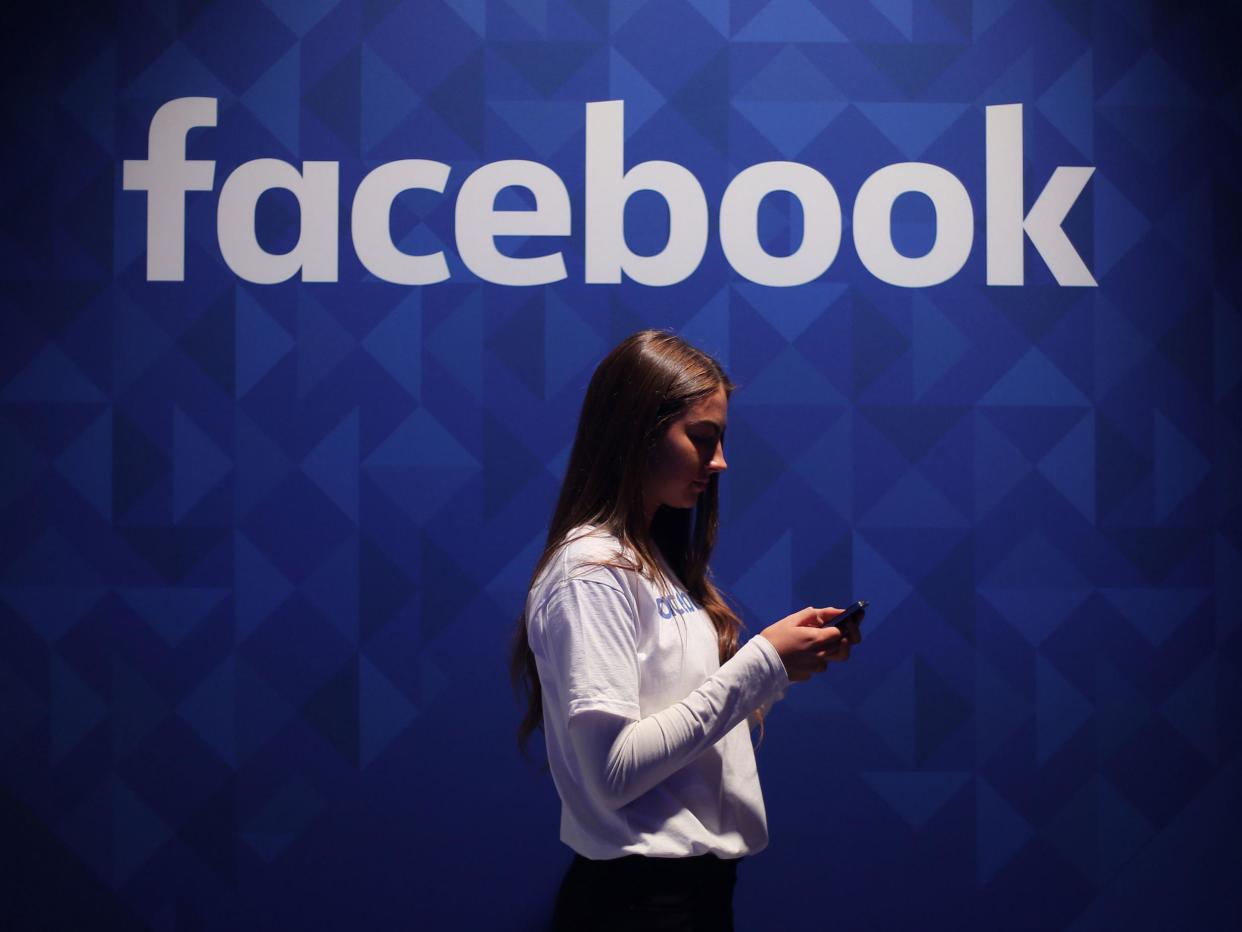Facebook pages for Women's March are elaborate scam to sell t-shirts

The popularity of the 2017 and 2018 Women's March has led scammers to set up fake Facebook pages in order to sell merchandise, an investigation has revealed.
A network of Facebook pages dedicated to the 2019 edition of the Women's March were traced back to Bangladesh, all of them linking to websites that spread false information about the protests and sold t-shirts and other merchandise.
The first Women's March in 2017 is estimated to be the largest day of protest in US history, with between 3.3 million and 4.6 million marchers attending events across the country – roughly 1 per cent of the US population.
More events are planned for 2019 but pages promoting the protests on Facebook have been listing the wrong cities and the wrong dates.
The investigation into the pages – undertaken by CNN in conjunction with researchers at the Shorenstein Center at the Harvard Kennedy School – found that the sites had been designed to profit from the protests through selling merchandise.
"What is particularly notable about the relative sophistication of dozens of fabricated Women's March Facebook pages is the co-opting of official images and logos, hashtag hijacking, using pre-existing hashtags such as #womenswave to attract attention to the pages, as well as the localised targeting of urban, suburban, and rural communities across the country," Shorenstein Center research fellow Benjamin Decker said.
Around 1,700 pages were attributed to the scammers, with some of them receiving more than 10,000 RSVPs from Facebook users. Facebook removed the event pages with the wrong dates, however shortly after almost 100 new fake pages appeared.
"There are a lot of ways that it is damaging and dangerous," said activist Ruby Sinreich. "People show up on the wrong date and don't go to the actual event. People leave feeling angry and frustrated instead of feeling unified."
A Facebook spokesperson was not immediately available for comment but in a statement to CNN, the social network said: "People need to be able to trust the connections they make on Facebook. That's why we have removed Pages and events associated with fake women's marches."
It continued: "These Pages and events appear to have been created in order to profit from people interested in the event by selling march-related merchandise. We continue to investigate, remove additional associated fake events and Pages, and take action against those involved in creating them."

 Yahoo News
Yahoo News 
